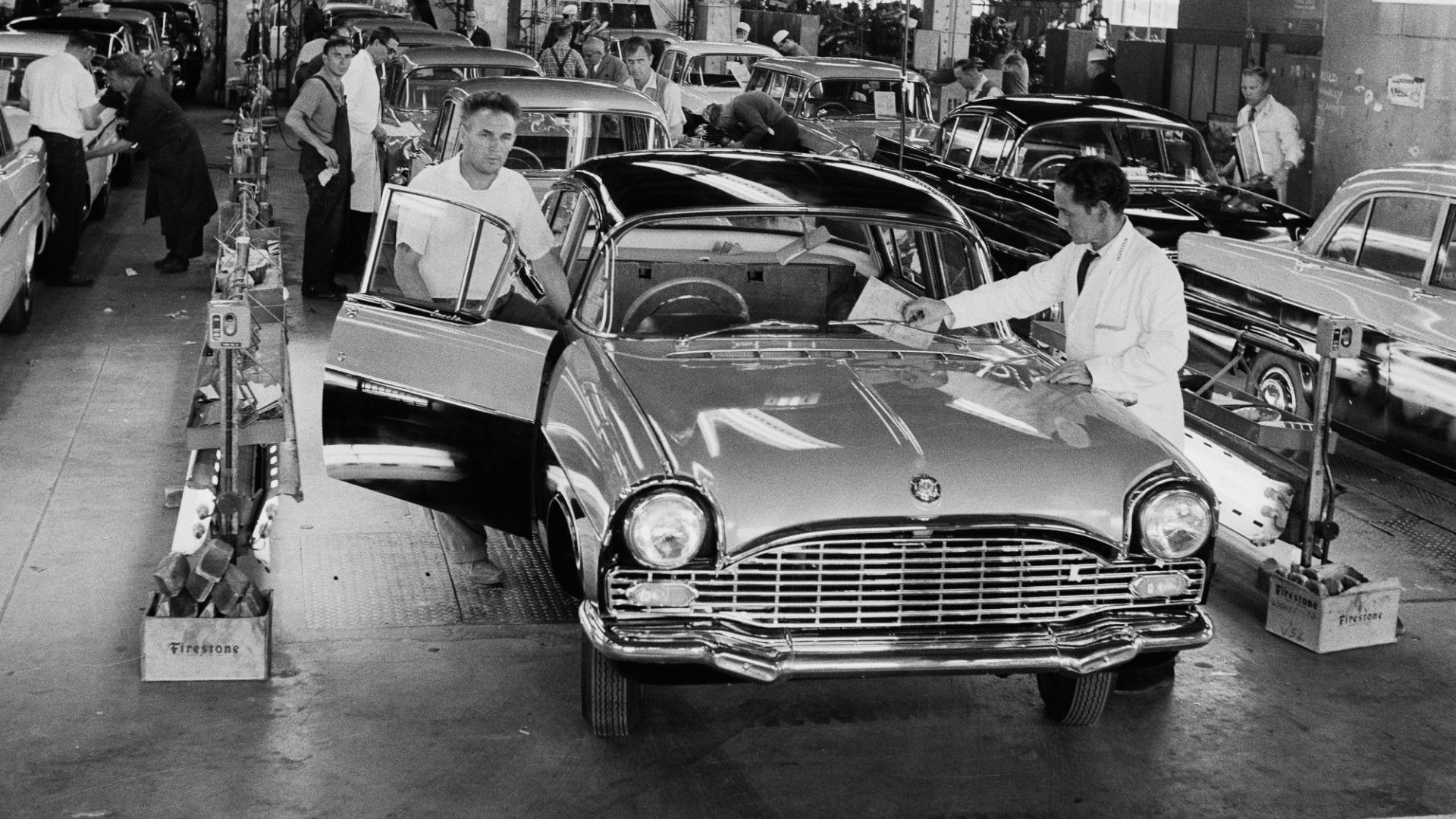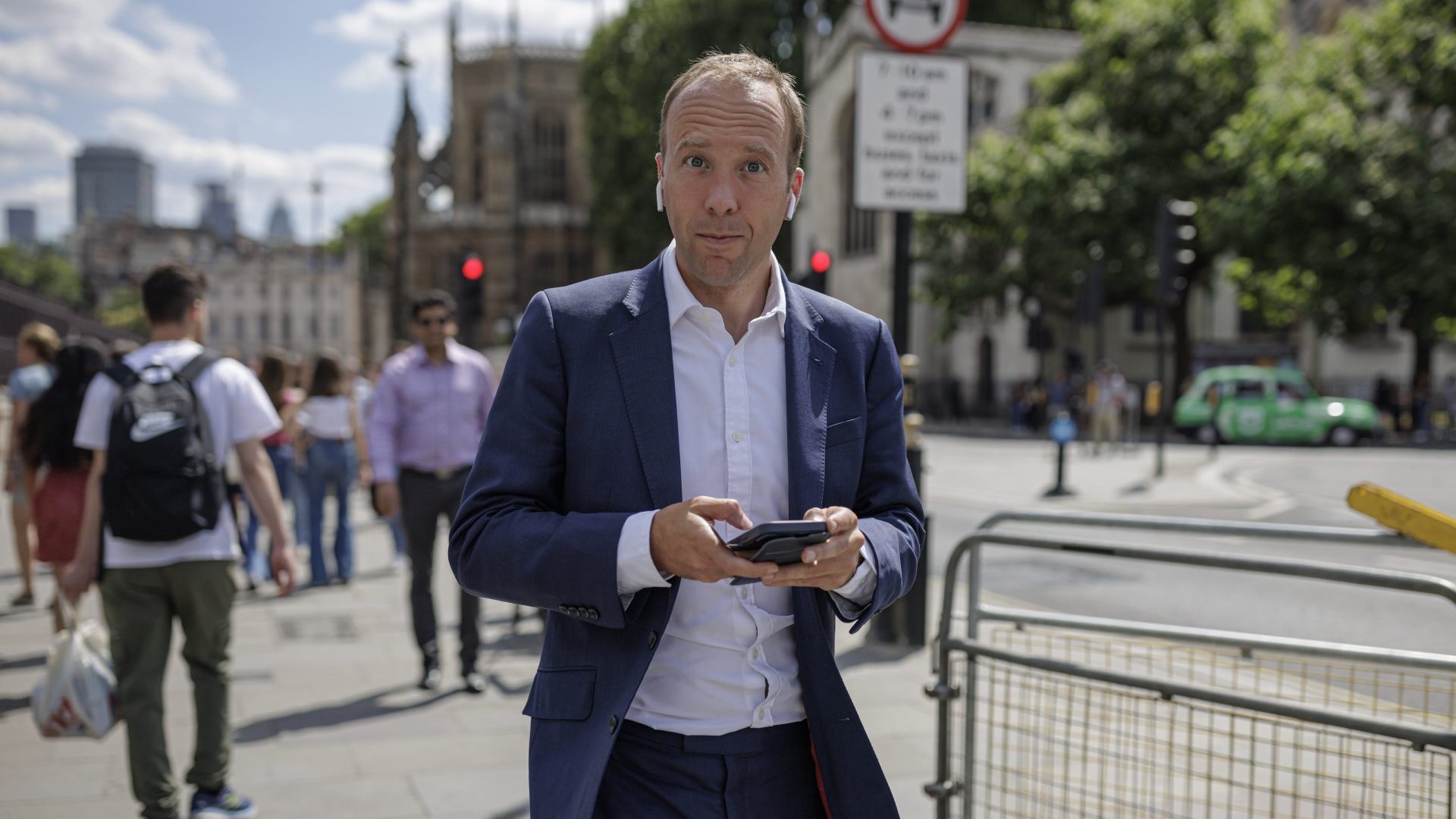I have attended dozens of business and economic conferences over the years, but none as interesting as the one last week organised by the manufacturing body Make UK. The speeches were good, the debates well attended, the exhibitions informative. But what really stood out was the palpable mood of change in the air.
This is the first conference I have ever attended at which a very senior and well-respected industry expert has approached me to ask if I knew anyone in the Labour Party he could get in touch with – someone who would listen to British manufacturing, someone from whom they could get a sense of likely policies in the next government (if any MPs reading this think they fit the bill, please get in touch).
It was also the first conference in quite a few years where the attacks on the government’s disastrous economic policies were so open, so strongly worded. The fear factor of avoiding being singled out by the Tories for lack of faith has disappeared. After all, when the prime minister of the supposedly pro-business Conservatives says “fuck business”, what is the point in even asking for help from them?
In his opening remarks, Make UK’s CEO, Stephen Phipson, was blunt. “The political mismanagement of the economy and damage to the reputation of the UK… cannot continue,” he said.
The firmness of that line was repeated throughout the day by business leaders I spoke to. They would like the government to have strategies on everything from training and investment to new technologies. But above all, they would like to have faith that there is any overarching government strategy at all. Because they can’t see one.
This has been made worse by the fact that finally they can see a light at the end of the tunnel. The Windsor Framework promises a reset of our relationship with the EU, the end of ideologically driven conflict and a chance to show that the UK can once again be trusted.
As one business expert based on the continent told me: “Until two weeks ago people were willing to talk to us, but they weren’t willing to deal with the British government because they said they just couldn’t trust them. That changed with the Windsor Framework.”
But the honeymoon period will soon be over. One of the UK government’s biggest wins from the Windsor Framework was the chance to rejoin the Horizon research programme. Ursula von der Leyen even welcomed it in her Windsor press conference with Rishi Sunak.
Now, Sunak is apparently doubtful about rejoining Horizon. For everyone I spoke to at the conference, getting back into one of the most important research systems in the world is a no-brainer. But apparently, the government is dragging its heels – or its knuckles – over the very idea of having anything to do with an EU project.
The idea that ideology and optics still trump common sense is grim news to an industry that needs relations with the EU to improve much further than Windsor.
I chaired a breakout session on international supply chains, based on research by Make UK. One of the most worrying trends is that almost 50% of all EU suppliers are now more cautious about selling into the UK, and even 33% of non-EU suppliers are now reticent about supplying UK firms. In short, EU firms are perfectly happy to fulfil orders and stand by deals they have already made, but are increasingly reluctant to start any new ones. The UK has made things so difficult that they are just not willing to bother any more.
Keith Robe is boss of Cusdec Customs Solutions. He has been very busy for the last few years helping firms to deal with new red tape and customs forms. He told me: “The feedback I am getting is that EU businesses are not interested in doing anything that they are not already doing now, and the onus is on the UK company to smooth that pathway. I am still getting inquiries from (British) companies that say, ‘we will just pay the money and bite the bullet’.” They have to – none of the EU companies is willing to pay those added costs for them.
There seems little chance of change until there is an improvement in what Make UK calls diplomatically “the difficult political relationship affecting trade between the UK and the EU”. In short, Brexit was the elephant in the conference centre.
It might have helped the government’s standing with manufacturing if a senior figure had come to the conference, praised the Windsor Framework and promised a new start to improve relations with the EU for the sake of British business.
Instead, they sent Kevin Hollinrake MP, parliamentary under secretary of state at the recently reshuffled Department for Business and Trade. No, me neither. He is a junior minister of the third rank. It is almost as if the government has given up even pretending to care.
I don’t want to be cruel to Mr Hollinrake – claiming that as a former estate agent he is the only person who has improved his social standing by getting elected to parliament is a nice joke, even though I’ve heard it several times before. But standing at the podium, head down, reading a speech you seem unfamiliar with does not inspire the audience.
It got worse when he told the audience that “the energy secretary, Grant Shapps, recently announced his ambition for the UK to have the cheapest wholesale electricity in Europe by… 2035”; I caught the eye of a delegate and we had to look away for fear that we would laugh too loudly. Many other delegates shook their heads in disbelief. Speaking like this to some of the largest energy users in the country, in the middle of the worst energy crisis since the 1970s, was just crass.
Labour, on the other hand, sent Rachel Reeves, the shadow chancellor. She told the audience what they wanted to hear; namely, that the next Labour government will have an industrial strategy. She also stayed on longer than originally planned to answer more questions from the floor. She took the event seriously and addressed the audience’s concerns.
One of those is that the government is set on a bonfire of EU rules and regulations with no idea of what to replace them with. Every manufacturer I spoke to thought this would make things far worse, not better.
The overwhelming sense I got was that manufacturing, like much of the rest of the country, is waiting for an election in the hope that things can only get better. Given its performance, the government was lucky the conference didn’t end with a rendition of The Red Flag.




